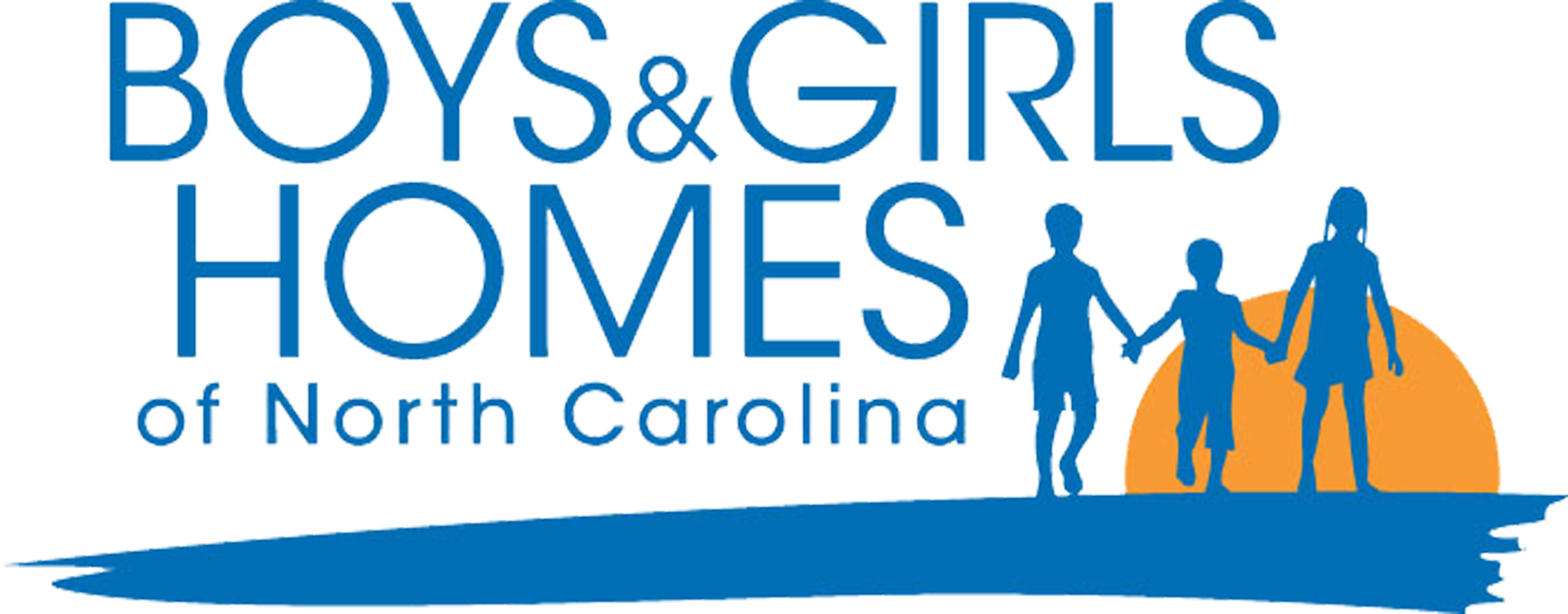There are times when I am half convinced that my middle daughter has the superpower of invisibility.
She can sit in public places and be completely unseen by those around her. Because of this, she has on more than one occasion heard information from peers and adults alike who do not seem to realize she is there. Add in her strong observational skills and she can pretty much tell you every detail of people’s lives without them having any idea she knows.
But is invisibility always a superpower?
For many of the youth that come into the care of Boys and Girls Homes, they would believe so. Invisibility would mean that they did not have to confront their experiences through therapeutic interventions. In many cases, they believe that if they were invisible they wouldn’t have experienced the abuse that brought them into care to begin with.
In a strange way, the Waccamaw Way uses the power of invisibility. Because every interaction is designed to be intentional, the spotlight isn’t shining on the formal interventions. The conversation over breakfast provides insights into how the youth is feeling, using invisibility so that honesty is more likely. The recreation time in the quad uses the invisibility to see how the youth are interacting with peers in informal settings. This all allows our Cottage Life Coaches to provide better information to the clinicians, therapists, and other support staff, meaning an even better care experience for the youth.
So maybe invisibility is the secret superpower that fuels the Waccamaw Way.
Melissa Hopkins is the Public Relations and Marketing Specialist for Boys and Girls Homes of North Carolina.















